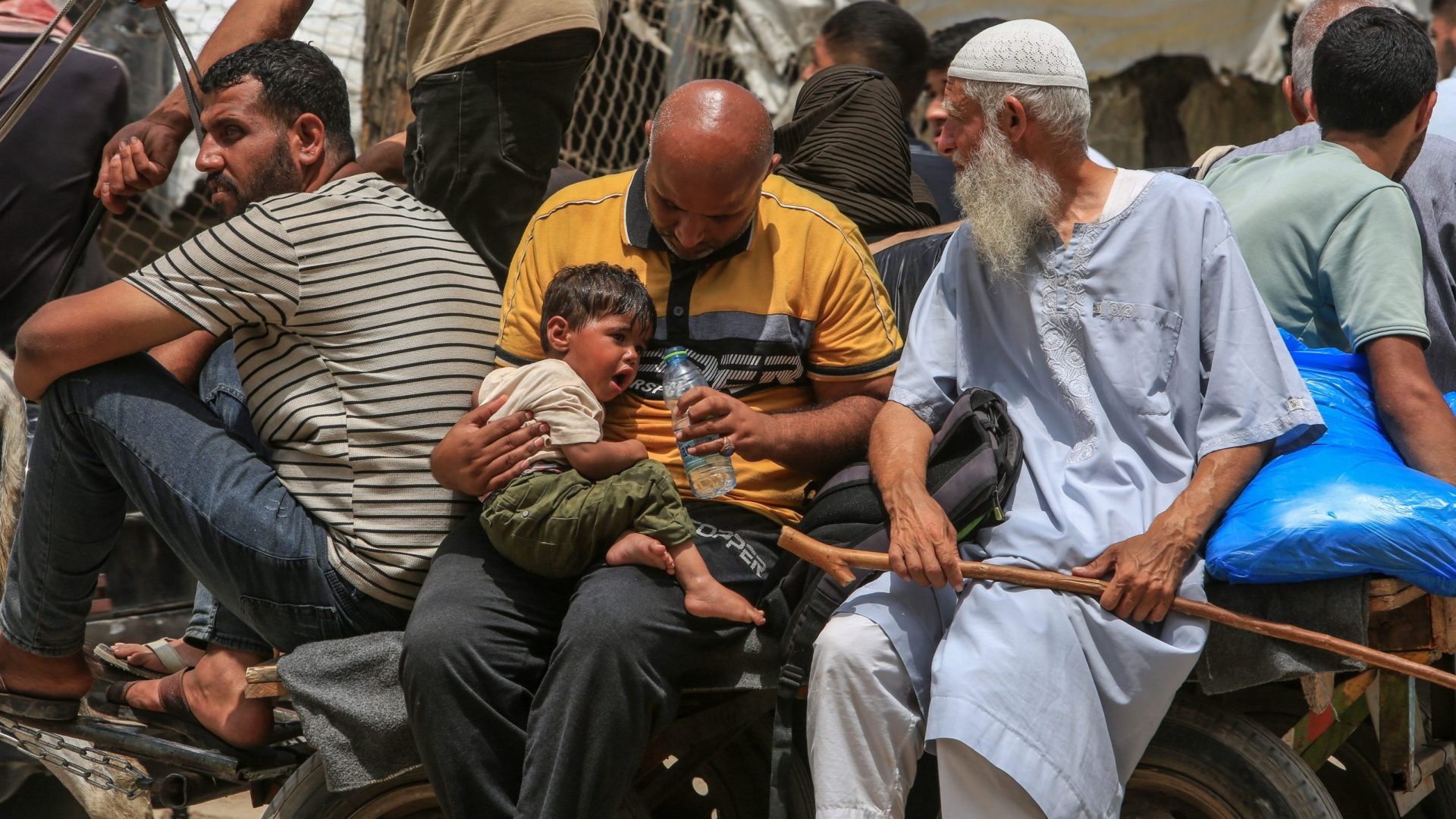Children often plead with their older parents to leave their homes and seek safety, only to find them injured or dead when they are next able to visit. The emotional toll can be overwhelming for everyone. Despite these circumstances, Juzoor remains committed in its mission, working in shelters to offer essential training on health issues and supplying first aid kits to nurses and doctors.
“Initially, we believed this would be a short-term fix, but it has lasted far longer than we anticipated,” noted Dr. Abed. “With crucial support from international organisations – such as HelpAge International – we are now overseeing 70 medical facilities across shelters spanning from northern to southern Gaza.”
These medical facilities are a lifeline, comprising a doctor, a nurse, a midwife, and a psychosocial specialist. But addressing the critical need for medication, particularly for chronic diseases among older people, has been a significant challenge.
“We divide cases into acute and those that can wait, ensuring each shelter is equipped with essential medical supplies. In the absence of electricity, we rely on manual pumps to operate medical machines.”
Dr. Abed emphasised the community’s resilience and support. “People have been incredibly supportive, donating what little they had to us. Larger organisations provided medication and tools to help us care for older people. However, the needs of older people far exceed what I mentioned—whether it’s their financial, medical, or mental health needs. They have even lost the mosques where they prayed and the friends and family they prayed with.”
Despite their best efforts, Juzoor can only cover a fraction of the needs they encounter. “We only cover 5% of older people’s needs. That’s the magnitude of the issue. When we do manage to find a wheelchair for an older person, they often ask us to give it to one of their children or grandchildren who have been injured or had a leg amputated.”
With the longevity and intensity of the conflict, Juzoor’s support has adopted a life-saving approach. Support from international organisations has enabled them to distribute cash and clothing to older people but the need was so overwhelming, they have been forced to raise the minimum age for assistance from 60 to 65. Dr. Abed and his team have also scoured damaged pharmacies and storage facilities, acquiring medications and supplies.
Food scarcity has led to widespread malnutrition. “I’m a living example,” Dr. Abed said. “I’ve lost 20 kilos since the war began. This isn’t about isolated cases of starvation; the entire population of Gaza is affected. Fresh vegetables or meat haven’t been seen in months and food prices have skyrocketed. We have not seen a single food truck for a long time. The impact of malnutrition on older people is severe, and their chances of recovery are very low.”
Dr. Abed describes the situation in Gaza as a humanitarian crisis of unprecedented proportions. Every aspect of life has been devastated by the conflict, leaving older people particularly vulnerable.

